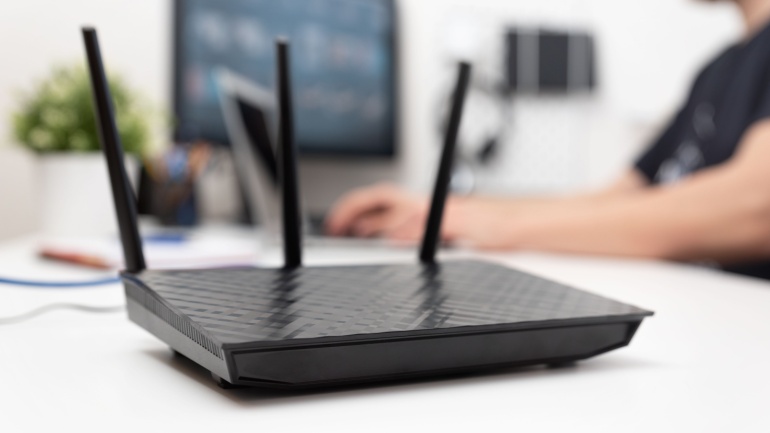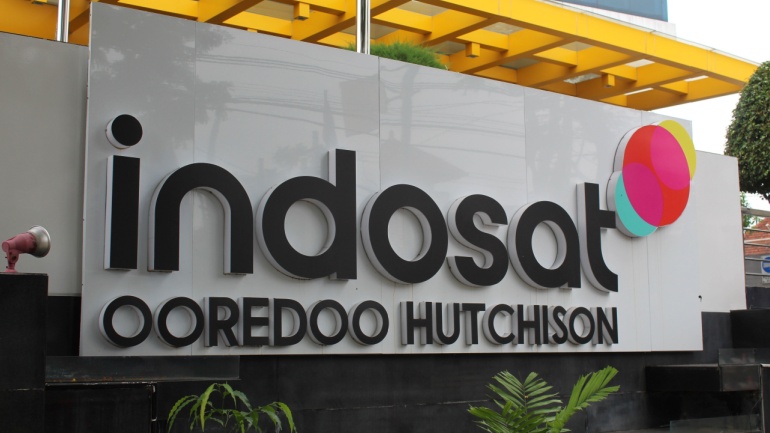On May 15, the US House of Representatives voted overwhelmingly to reauthorize the National Telecommunications and Information Administration (NTIA) for the first time since 1992. The legislation, passed with a vote of 374-36, aims to update the mission and functions of the NTIA in response to significant changes in the telecommunications landscape.
Deutsche Telekom has emerged as the latest European telecommunications giant to report robust financial results for the first quarter of 2024. The German incumbent witnessed notable increases in revenue, earnings, and net profit, propelled by a surge in its European operations. The company’s performance underscores a positive growth trajectory amidst a competitive telecom landscape.
Deutsche Telekom, the German telecommunications giant, is ramping up its international wholesale services with a focus on the emerging API (Application Programming Interface) ecosystem. The company’s Global Carrier division has introduced a suite of services known as Global Carrier Digital Services, providing wholesale customers with access to a range of APIs to enhance their own offerings.
The German Federal Network Agency (Bundesnetzagentur) has launched fresh consultations on proposals to prolong spectrum usage rights for major telecom operators, potentially deferring a competitive auction process until the next decade. This move has reignited tensions with market entrant 1&1, which has previously contested similar initiatives.
Countries across East and Southern Africa are grappling with a widespread internet outage caused by faults in several submarine cables. According to Cloudflare Radar, which tracks internet disruptions, Tanzania is among the hardest hit, experiencing a significant drop in internet traffic to only 30% of its normal levels.
Mavenir, a leading cloud-native network infrastructure provider, has announced a landmark five-year Strategic Collaboration Agreement (SCA) with Amazon Web Services (AWS) aimed at transforming the deployment of telecom workloads on the AWS platform. This strategic collaboration will involve joint efforts to optimize Mavenir’s technology for seamless development, testing, integration, and application of cloud-native solutions, leveraging AWS’s high availability, scalability, and security capabilities.
Indonesian telecom operator Indosat Ooredoo Hutchison has unveiled impressive financial results for the first quarter of 2024, alongside highlighting strategic partnerships with global tech giants Nvidia, Cisco, and Mastercard. In Q1, Indosat recorded total revenue of $873 million, marking a robust 15.8% year-on-year increase. Earnings before interest, taxes, depreciation, and amortization (EBITDA) surged by 22.1%, with an EBITDA margin of 47.0%, while net profit soared by 39.4% to reach $82 million.
PJT Partners sets out to scrutinize UK telecom operator, KCOM’s business strategy, a move that could trigger significant changes like a sale or merger. This arises from previous disclosures regarding the potential interest of CityFibre and Virgin Media O2 in purchasing the uniquely positioned company that operates independently of BT’s Openreach network.
Letta’s recent report underlines the fragmentation faced by the European telecoms sector, with its 27 separate national markets serving a mere average of five million customers. Highlighting the necessity for unification and increased scale for cost-effective innovation, the report aims to strengthen the sector’s competitiveness, fueling new advancements like edge computing and IoT.
The recent merger of Orange Spain and MasMovil, forming the telecoms behemoth ‘MasOrange,’ has set the Spanish telecommunications scene abuzz. This union, approved by the European Commission, woos Telefonica – a potential powerhouse partner, disrupts EU regulations on allocated spectrum, and incites the emergence of Digi as a significant player.













